RESEARCH
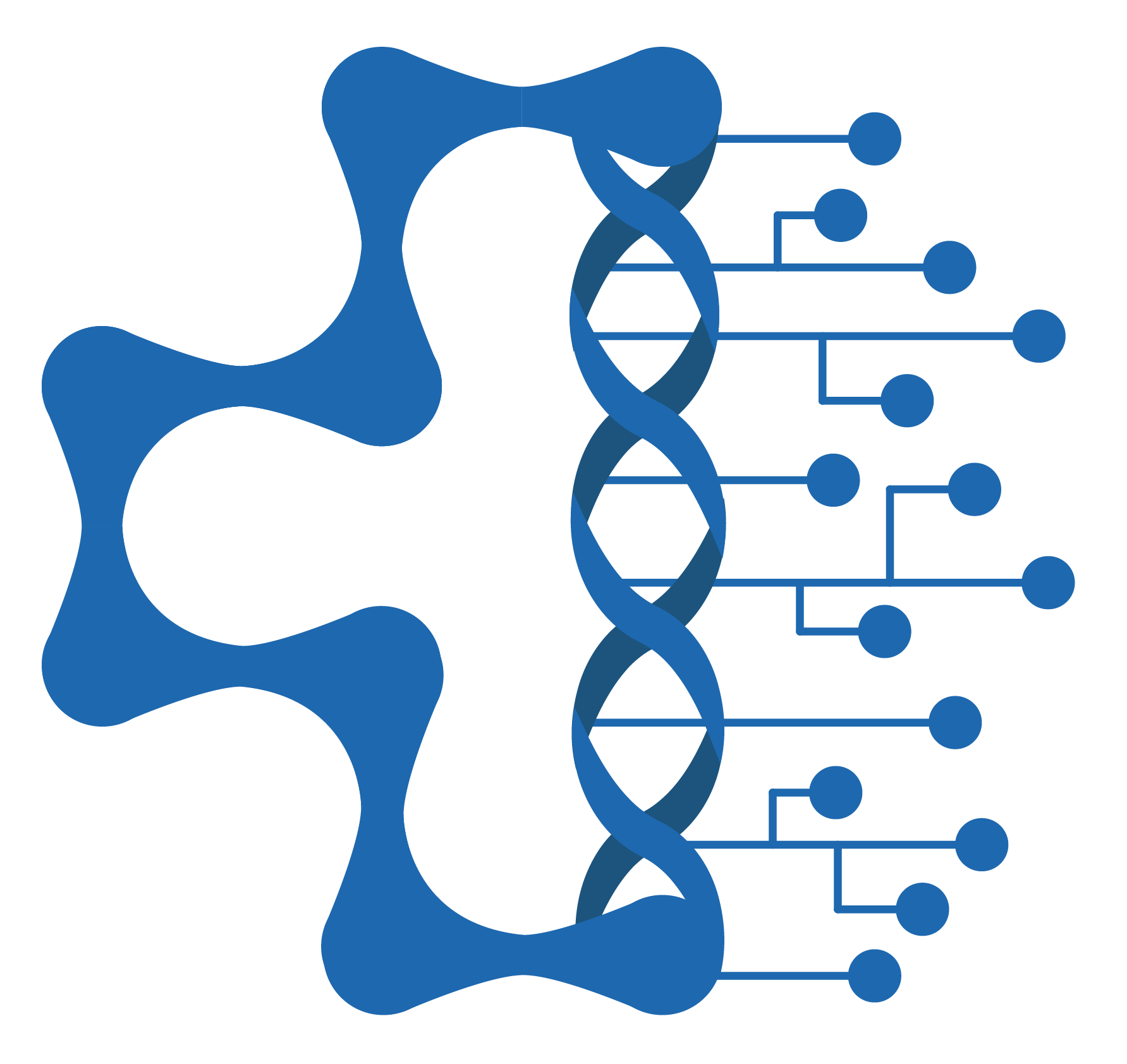

AI and digital Healthcare
AI and digital Healthcare (in collaboration with APSS Trento) for predicting the risk of development of eye pathologies (pediatric congenital cataracts in infants and diabetic retinopathy) from digital imaging data and EHR
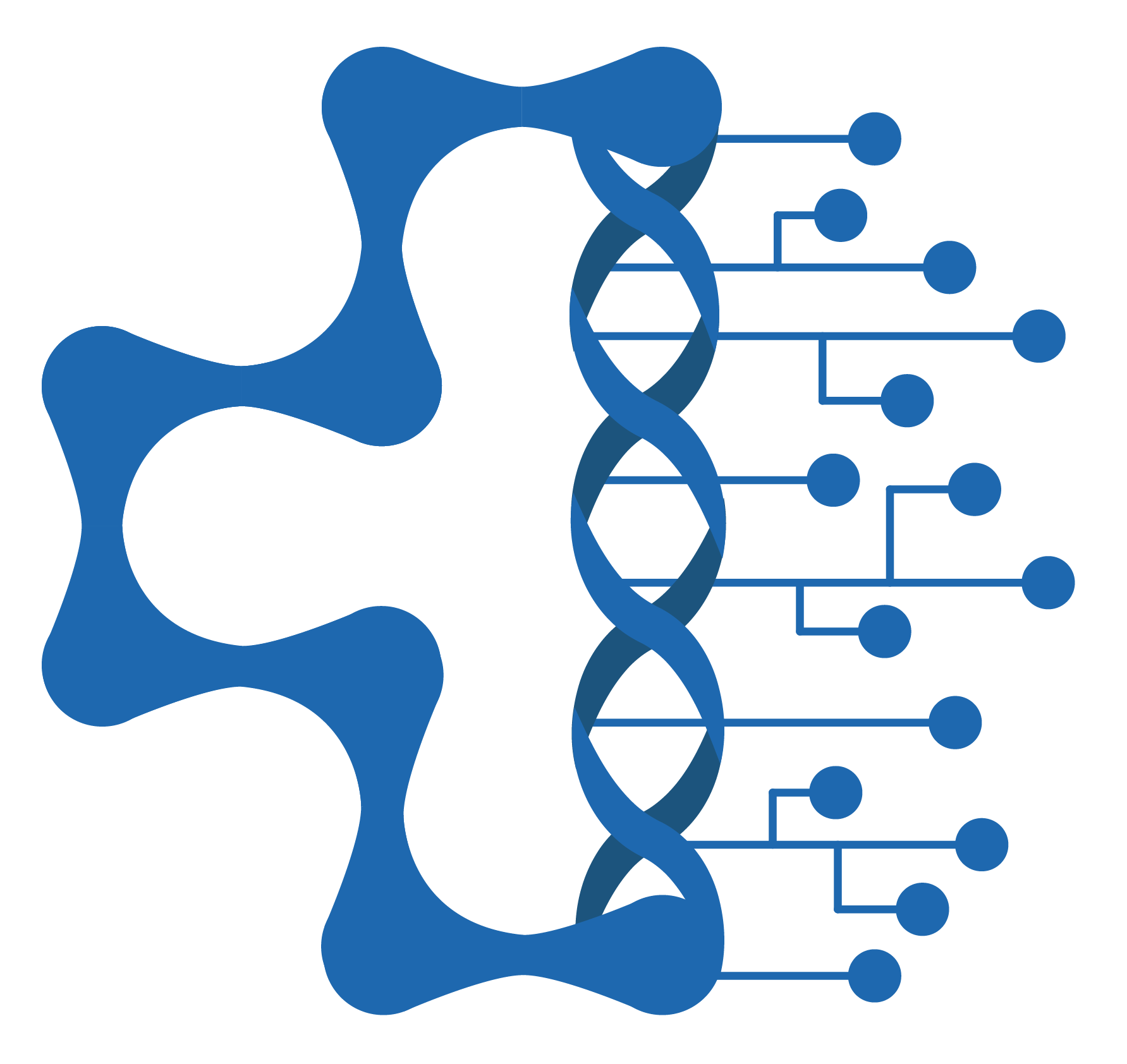

SI-CURA
SI-CURA (Soluzioni Innovative per la gestione del paziente e il follow up terapeutico della Colite UlceRosA) (in collab. with GPI SpA) aims to develop explainable deep learning models able to learn patterns of disease for Ulcerative Colitis and Crohn’s Disease from endoscopic imaging.
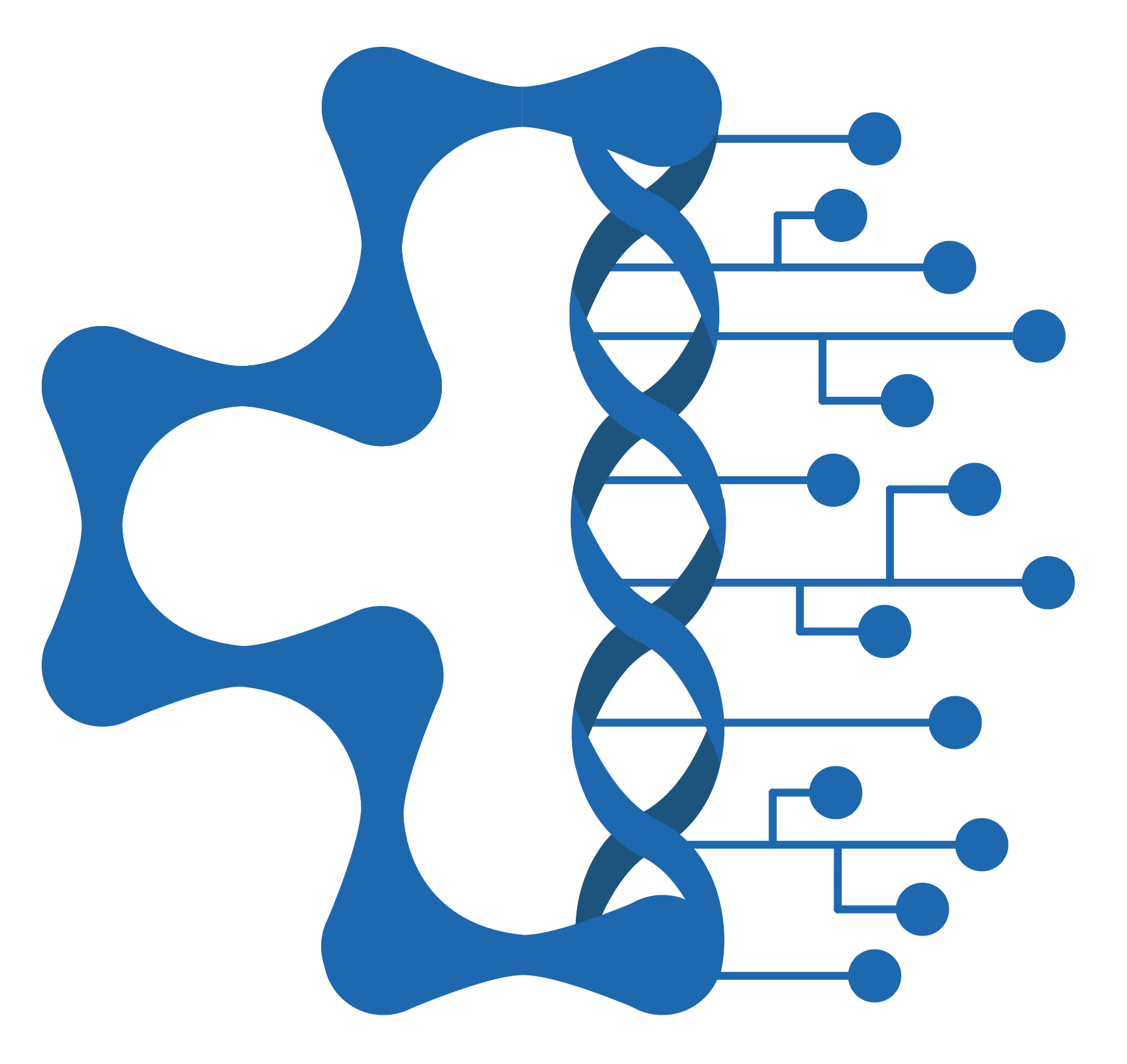

AI in oncology
AI in oncology (in collaboration with APSS Trento) for predicting the overall survival of patients with lung and prostate cancer from CT and PET imaging
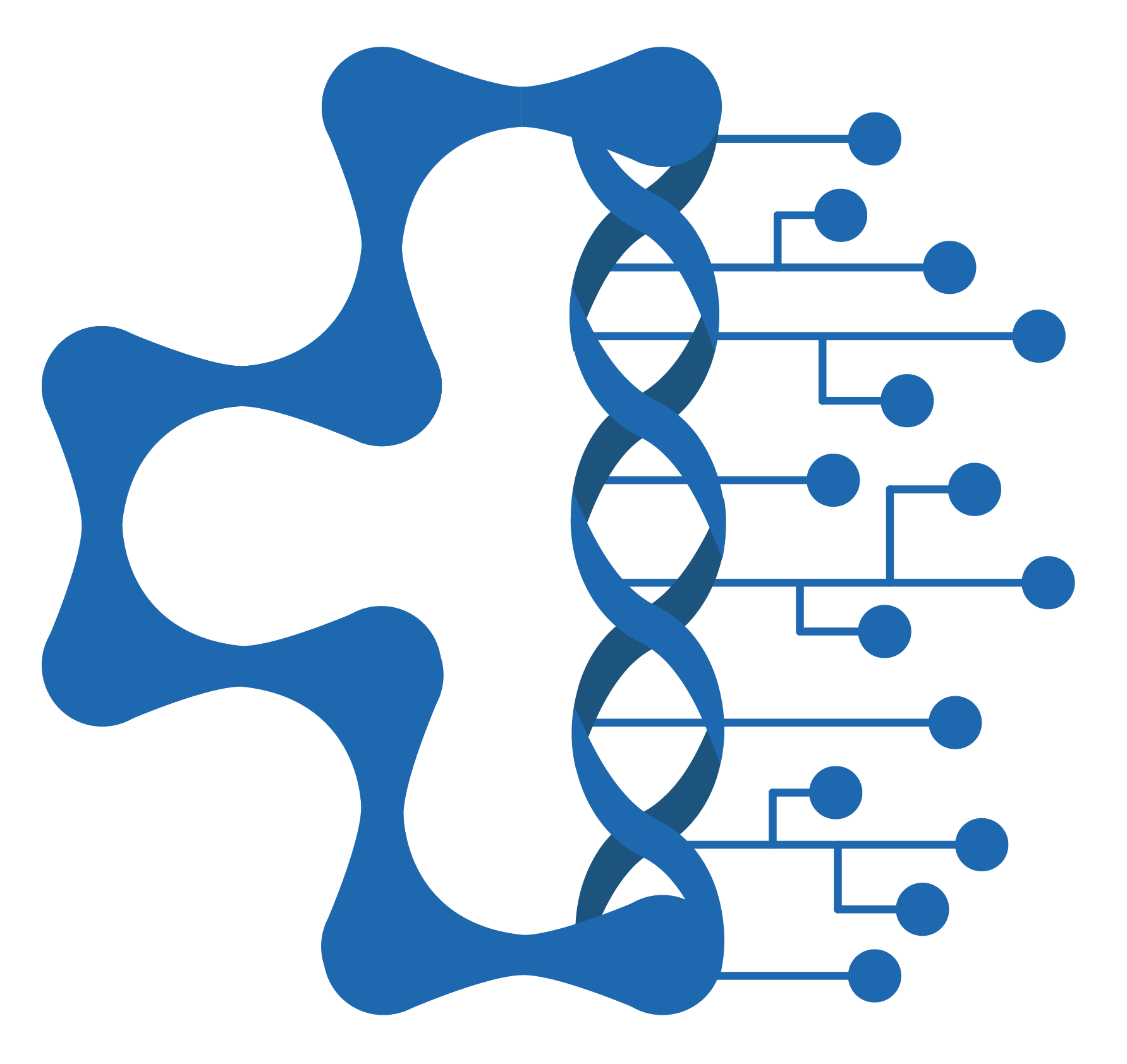

OPERA
OPERA (Oncological Prostatic Enhanced Resonance-based Artificial neural network) (in collab. with Umbria Salute, Umbria Digitale): design, optimization and implementation of an explainable deep learning solution for the diagnosis and the grading/staging of prostatic cancer from MRI data, possibly integrated with EHR, digital pathology and omics data whenever available.
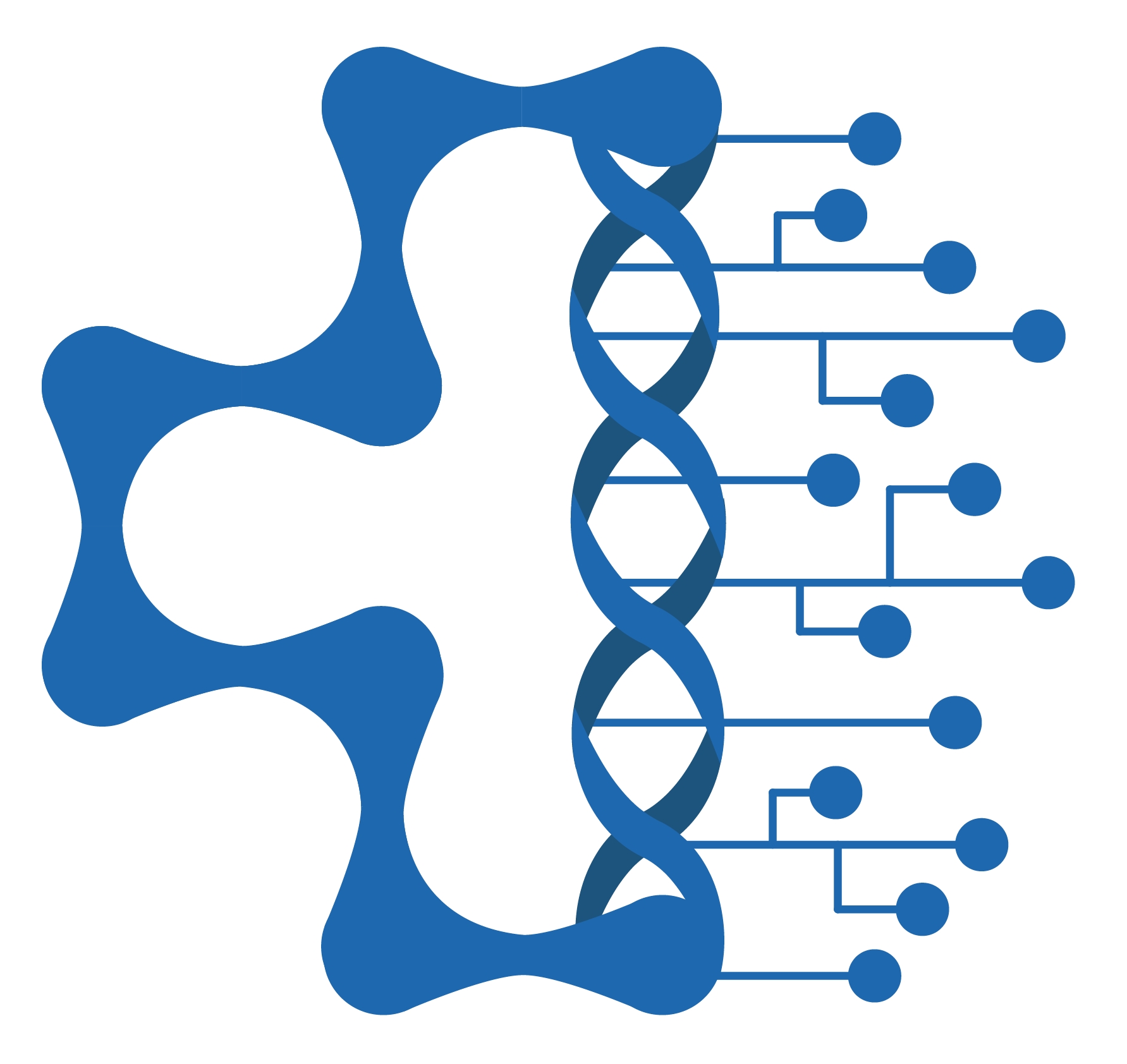

AI in palliative care
AI in palliative care (in collaboration with APSS Trento), predicting short and long-term survival of cancer patients entering palliative care and methods to adjust care pathways.
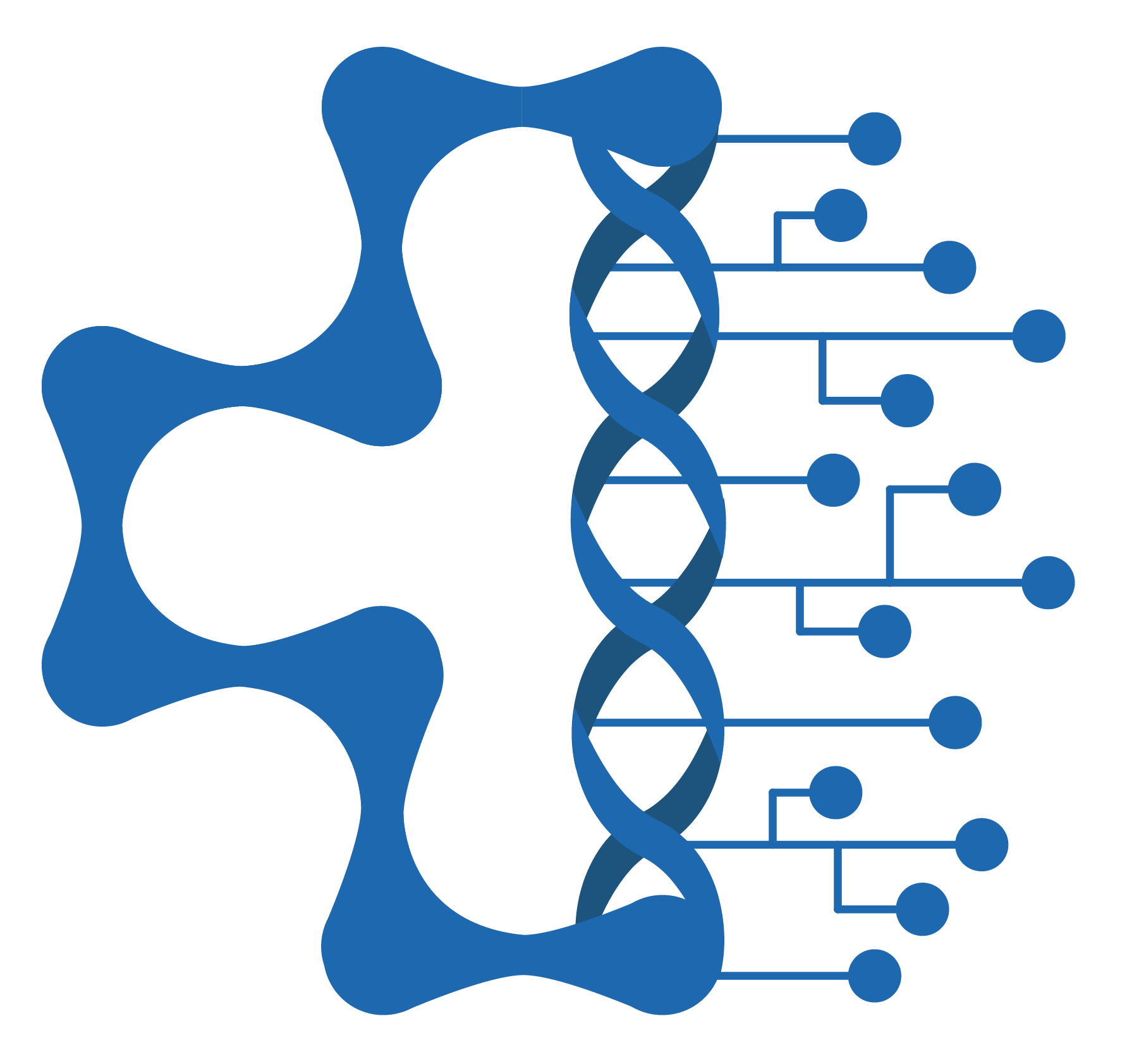

AI for cardiovascular diseases
AI for cardiovascular diseases (in collab. with Fondazione SISA & UniMI): a data science project focusing on predictive modeling for biomedical data (EHR, clinical, ultrasound imaging) in the cardiovascular domain, including familial hypercholesterolemia.
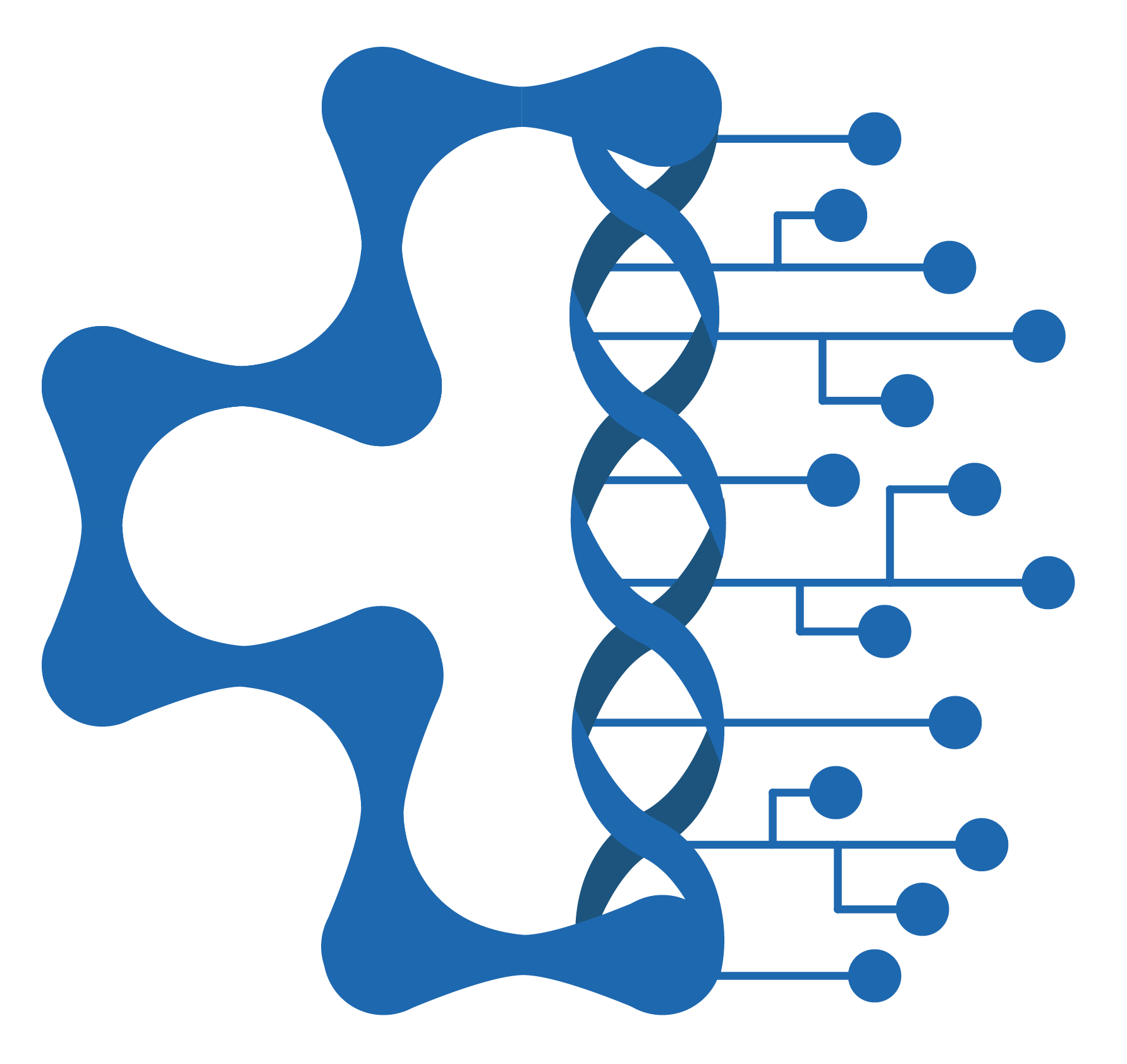

Prognosis prediction in neuroblastoma
Prognosis prediction in neuroblastoma (Ospedale Pediatrico Bambino Gesù): using statistical tools and AI to identify cellular and gene signatures predicting survival of neuroblastoma patients.
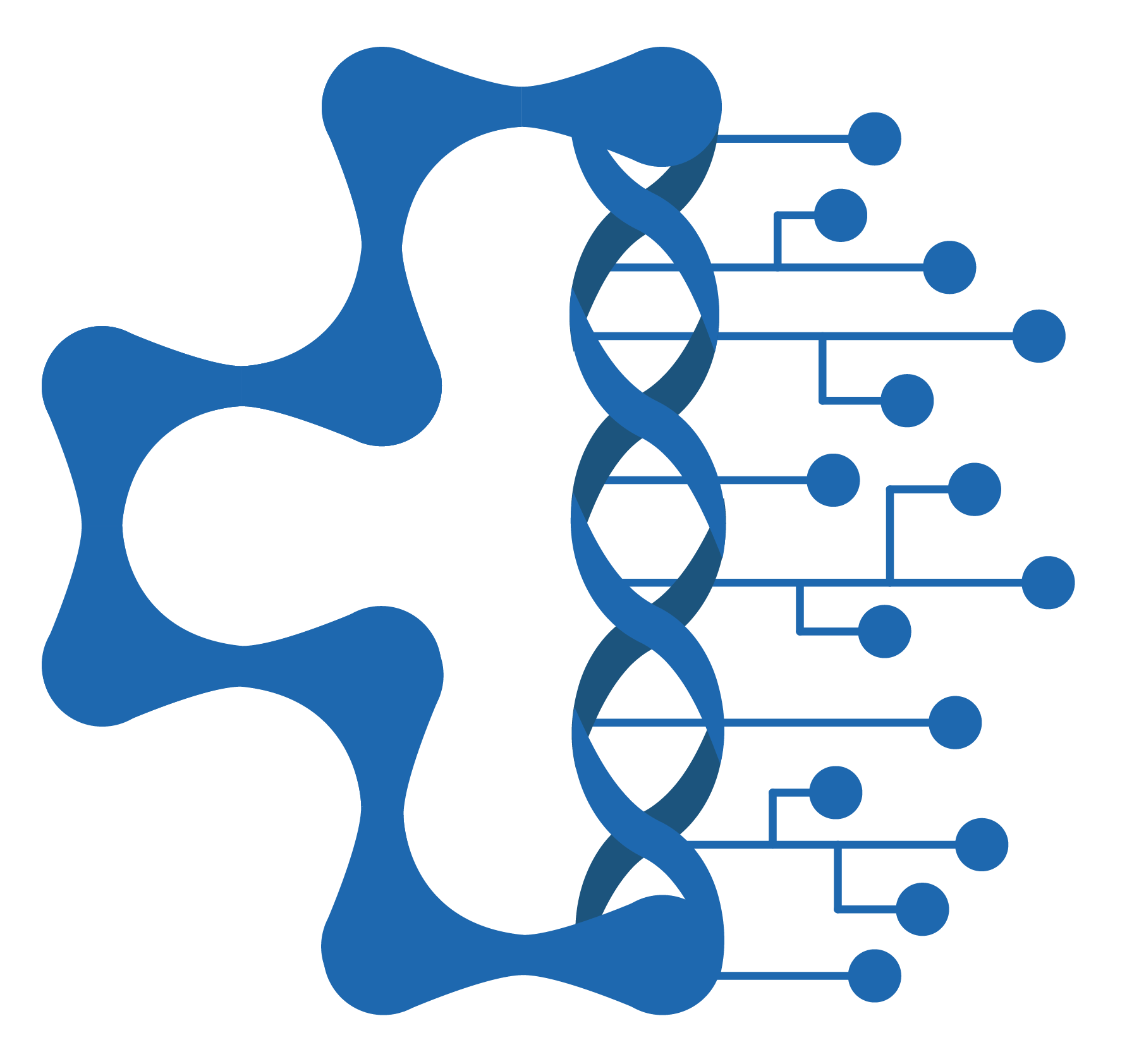

Generative diffusion models in digital pathology
Generative diffusion models in digital pathology (colab with Santa chiara and Spedali civili Brescia): aim of the project is to test the validity of employing generative diffusion model to create synthetic histopatological data. The application of this could range from new tecniques to anonymize data to improve data sharing, and balancing datasets’ classes.
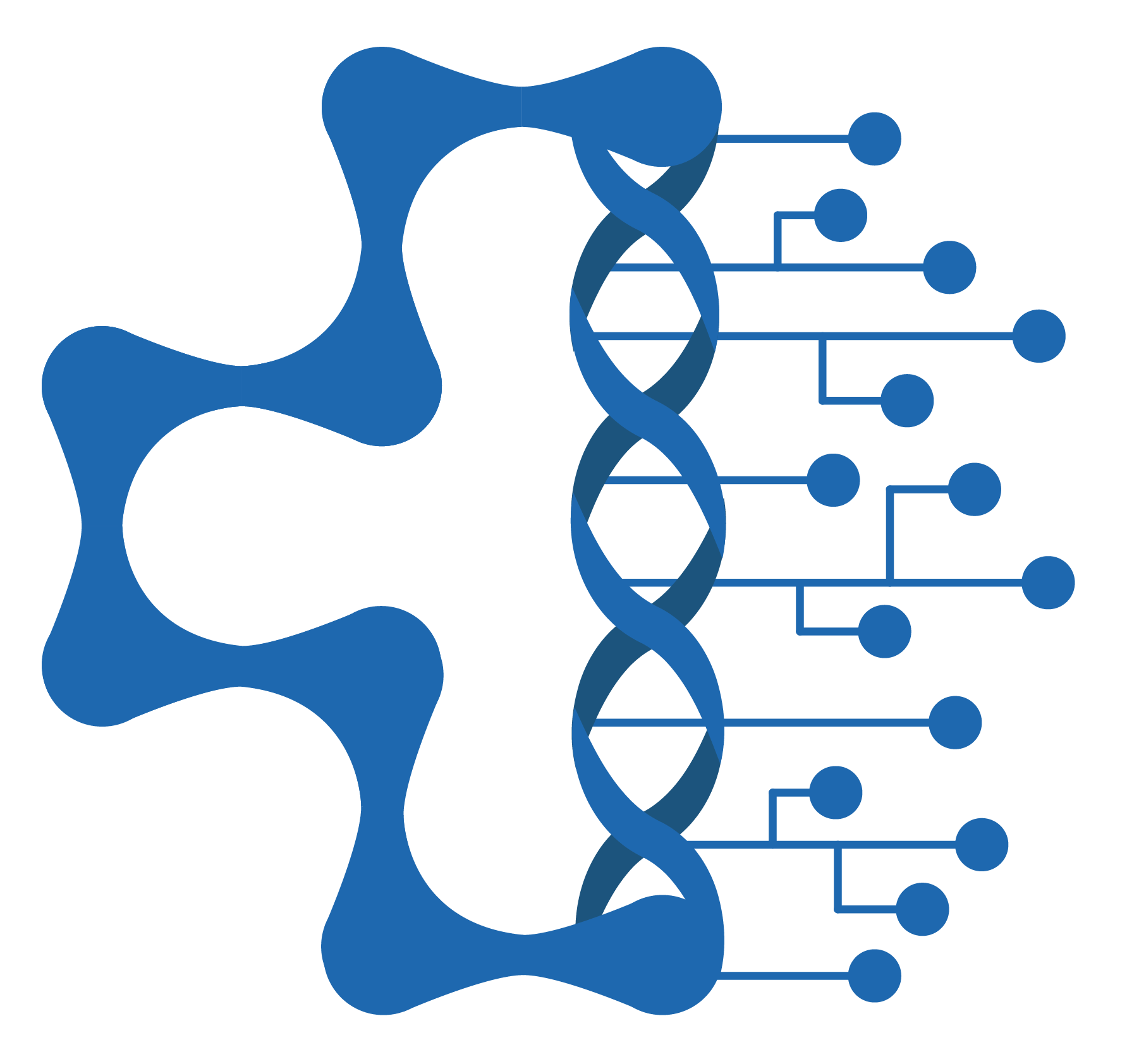

Digital pathology in neuroblastoma
Digital pathology in neuroblastoma (Ospedale Pediatrico Bambino Gesù): using AI and spatial transcriptomics to predict immune response of neuroblastoma patients.
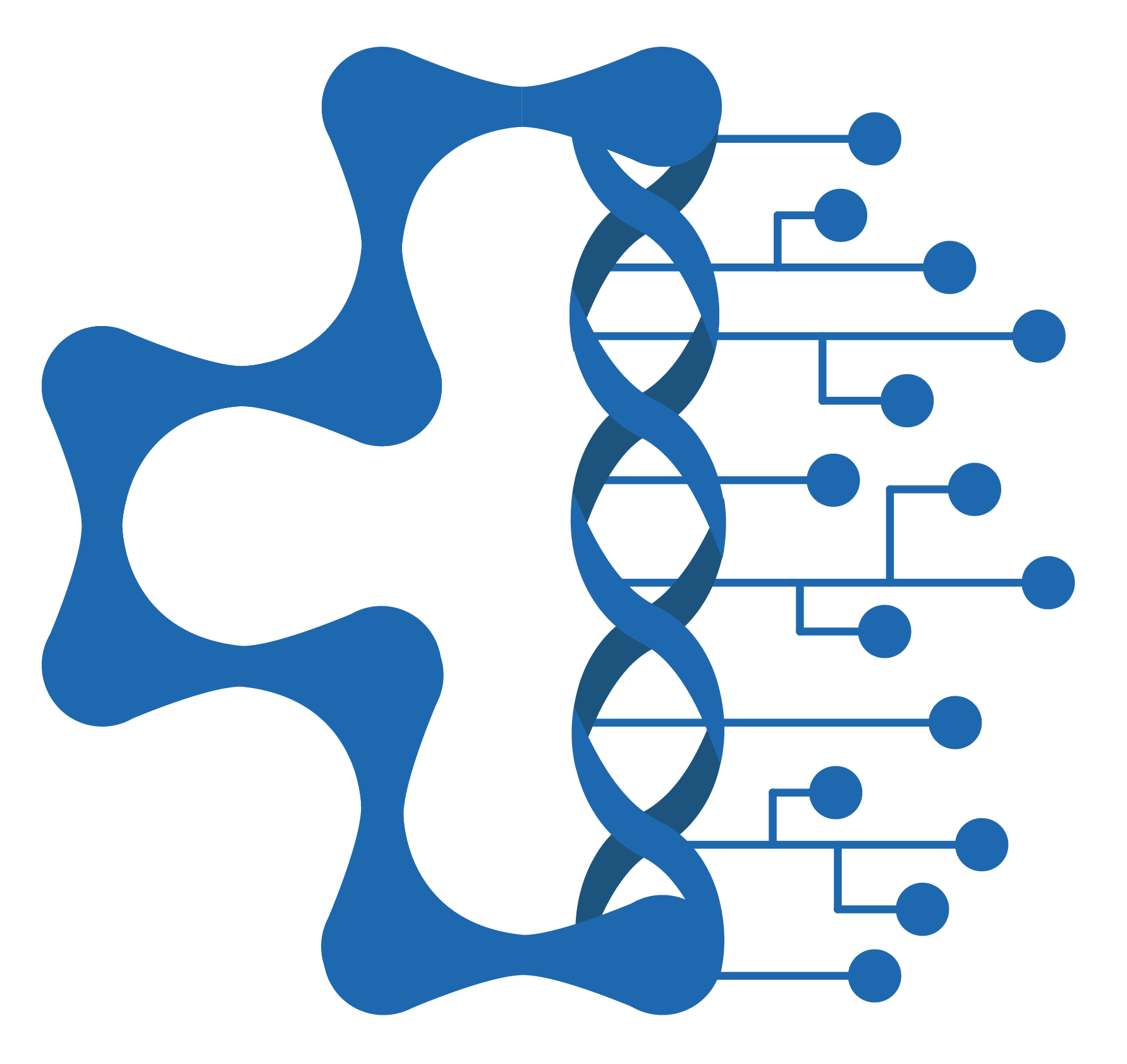

FDA
SEQC2 is the FDA-led community-wide Sequencing Quality Control (SEQC) consortium efforts to develop best practices with recommended standard analysis protocols and quality control metrics for whole genome sequencing and target gene sequencing technologies that will support regulatory science research and precision medicine. This is the fourth project of MAQC, named Sequencing Quality Control Phase 2 (SEQC2). The primary objective is to develop standard analysis protocols and quality control metrics for fit-for-purpose use of NGS data to enhance regulatory science research and precision medicine. The project consists of three specific aims: (1) to develop quality metrics for reproducible NGS results from both whole genome sequencing (WGS) and targeted gene sequencing (TGS), (2) to benchmark bioinformatics methods for WGS and TGS towards the development of standard data analysis protocols, and (3) to assess the joint effects of key parameters affecting NGS results and interpretation for clinical application.